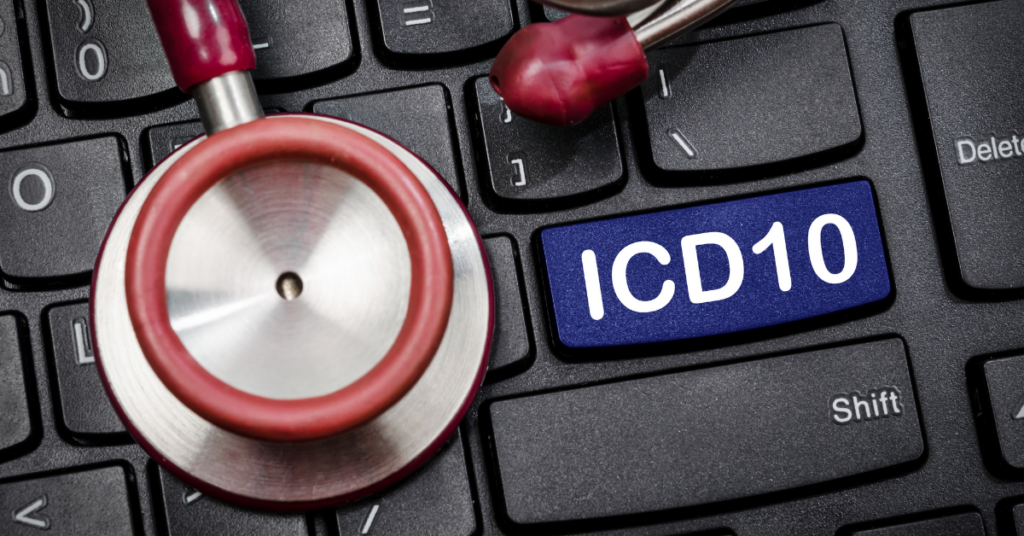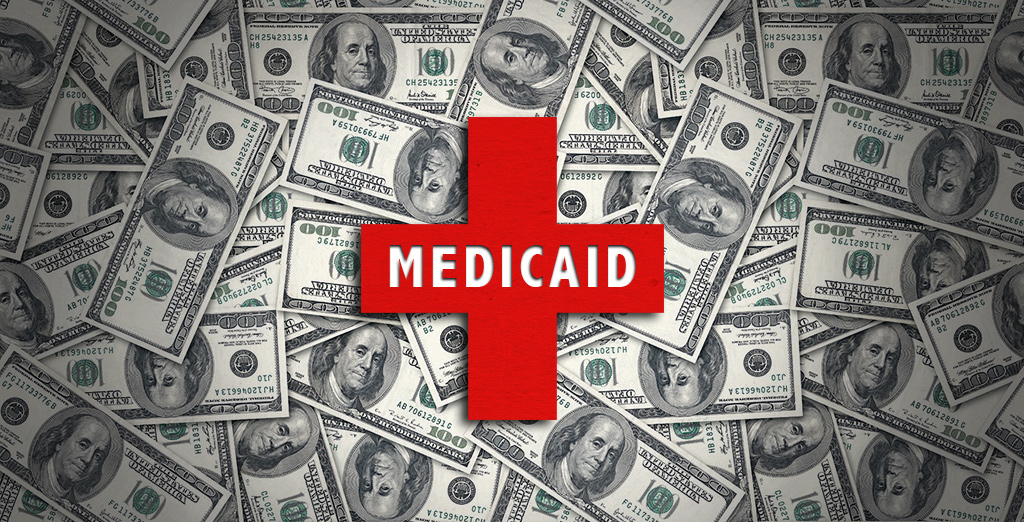Should We Hire a Credentialing Company for Our Primary Care Office?

Running a successful primary care practice means balancing excellent patient care with the demands of running a business. One of the most time-consuming—but essential—tasks behind the scenes is provider credentialing. Whether you’re launching a new office, expanding your provider team, or simply trying to get through insurance renewals, credentialing can quickly become a roadblock to […]
5 Billing Challenges Unique to Wound Care and Hyperbaric Practices—And How to Overcome Them

Wound care and hyperbaric medicine are highly specialized areas of healthcare, often requiring advanced treatments, frequent visits, and a multidisciplinary approach to healing. While these services offer tremendous value to patients, they also come with a host of billing complexities that can negatively impact your practice’s bottom line. At AMS Billing Solutions, we understand the […]
How to Improve Insurance Reimbursements with Proactive Denial Management

Efficient insurance reimbursements are the lifeblood of any medical practice’s revenue cycle management. Even a single denied claim can trigger a chain reaction—more denials, delayed payments, and extra administrative work—that cuts into your bottom line. Reactive denial handling creates endless back‑and‑forth with payers. By contrast, proactive denial management identifies and prevents denials before they occur, […]
10 KPI Metrics for Medical Billing You Must Track
Find out which KPI metrics for medical billing reveal hidden issues, help you hold vendors accountable, and keep your practice’s revenue cycle healthy.
What medical billing companies are in Arkansas?

Finding a reliable medical billing company is essential for keeping your practice’s revenue cycle running smoothly. In Arkansas, where the healthcare landscape is both unique and dynamic, choosing the right billing partner can significantly impact your financial performance and patient satisfaction. This post will provide insights into what to look for when evaluating potential billing […]
What should I look for when trying to find a new medical billing company?

Selecting the right medical billing partner is crucial to your practice’s financial success and patient satisfaction. A skilled billing company not only ensures accurate coding and timely reimbursements but also helps reduce administrative burdens, allowing you to focus on patient care. In today’s complex and constantly evolving healthcare industry, the decision to switch billing partners […]
Industry Insights and News Updates

The healthcare landscape is evolving faster than ever. From sweeping compliance updates to groundbreaking technological innovations and changing patient expectations, staying informed is critical for success. These shifts are reshaping everything from billing procedures to care delivery models. At AMS Solutions, we’re committed to keeping you ahead of the curve by distilling the latest industry […]
AMS ICD 10: How to Code Altered Mental Status

See how ICD-10 coding affects medical billing, claim accuracy, and reimbursement. Learn why using the right AMS ICD 10 code is essential for your practice.
The Ultimate Guide to AMS RCM Healthcare Solutions

Streamline your practice’s finances with AMS RCM healthcare solutions. Learn best practices for revenue cycle management to improve cash flow and patient care.
Navigating Medicare and Medicaid Billing Guidelines

Adhering to Medicare and Medicaid billing guidelines is a vital aspect of any healthcare practice’s financial health. Mistakes or oversights can lead to claim denials, delayed reimbursements, or even compliance violations, making it challenging to provide high-quality patient care. That’s where we come in. At AMS Solutions, we help practices stay on track with accurate […]
Best Practices for Medical Billing in Oklahoma

Medical billing in Oklahoma comes with its own set of unique challenges. From understanding local payer requirements to navigating complex state Medicaid guidelines, healthcare providers must stay on top of changes and ensure every claim is submitted accurately. Without a strategic approach, it’s easy to face delayed reimbursements or denied claims. At AMS Solutions, we’ve […]
Common Medical Billing Mishaps in Florida

Medical billing in Florida’s healthcare landscape can be a tightrope walk—one small slip and you’re facing denied claims, delayed reimbursements, or even compliance headaches. These mishaps don’t just affect your bottom line; they can also erode patient trust and strain staff resources. Fortunately, recognizing common billing pitfalls is the first step to avoiding them altogether. […]
